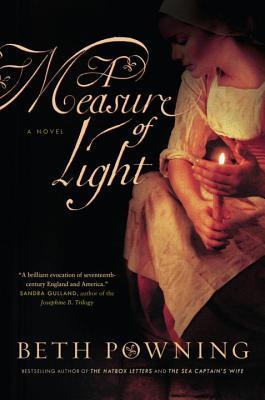What do you think?
Rate this book


336 pages, Hardcover
First published March 10, 2015
God hath called us to establish a peaceful kingdom, since his purpose has been destroyed in the old country. In this land, beneath these trees, upon these rocks.
Mary's glass revealed not houses but rude huts, plastered with mud, thatch-roofed. Trees still bearing their bark lay butt to tip, and behind the makeshift fence a few cows grazed. People clustered, like dabs of paint, watching the ship.
Sinnie loved (the house's) shelves of folded quilts, pillowbeers, sheets, linen drawers and stockings, silk caps and dimity waistcoats. She loved the hall and pantry, with its pewter platters, salt cellars, kettles; its store of cheeses and cured hams, its crocks of pickled cabbage and nasturtium buds, applesauce, grape juice.
She looked up towards the fells. She could simply continue walking. Until she succumbed to starvation. She pictured it -- a stagger, a fall. Too weak to rise. Palms clasping the earth. Sleep. A scroll of snow between her lips. In spring, rabbits, heedless upon the bones of her fingers.